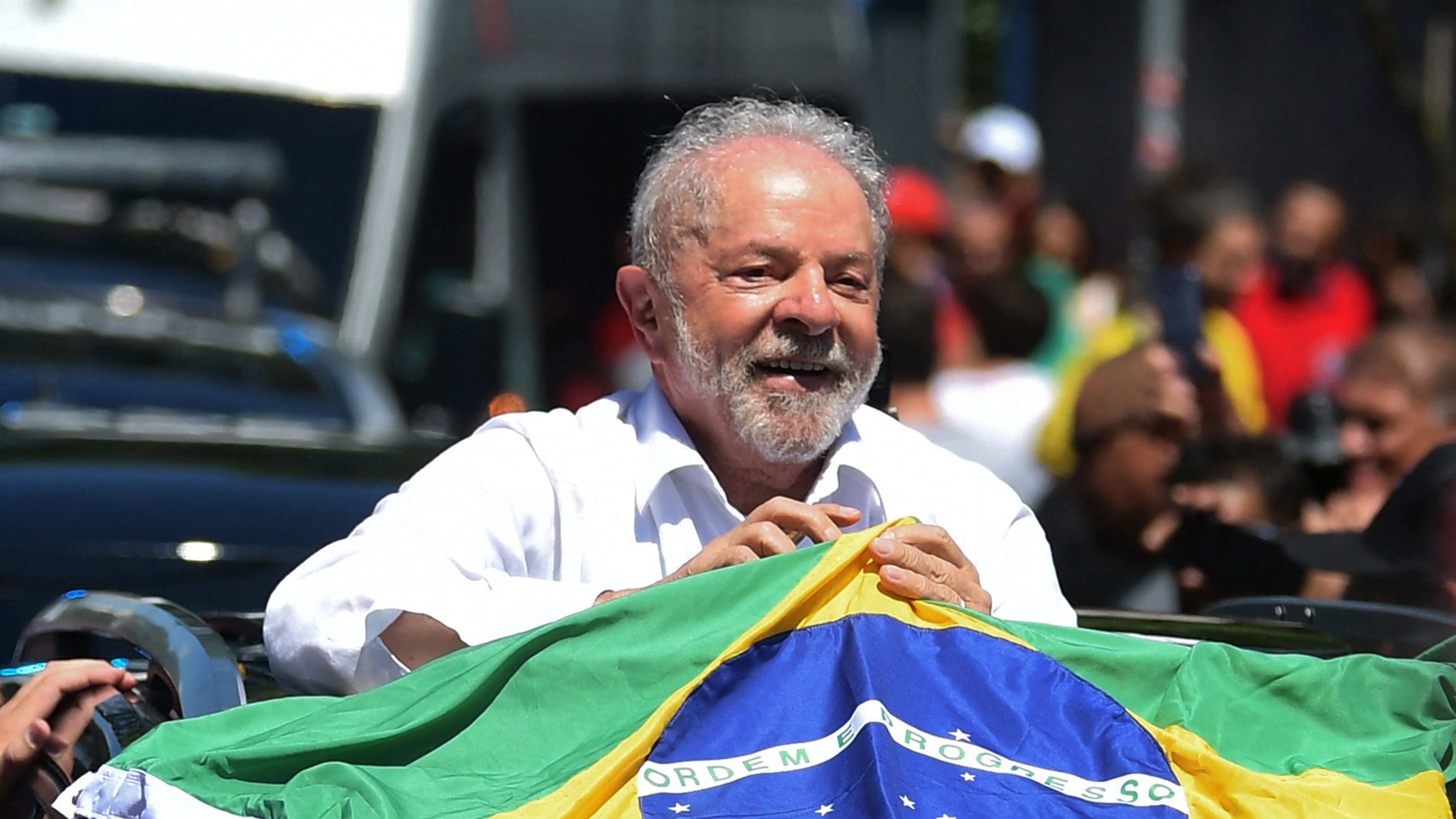Brazilian Politics and Economy: Brazil News

Brazil’s political and economic landscape is in a constant state of flux, with recent events shaping the nation’s trajectory. President Luiz Inácio Lula da Silva, affectionately known as Lula, has returned to power after a tumultuous period, inheriting a complex mix of challenges and opportunities.
The Political Climate in Brazil
The 2022 election saw a fiercely contested race between Lula and former President Jair Bolsonaro. Lula’s victory marked a return to the Workers’ Party (PT) after a four-year hiatus, but it also signaled a deep societal divide. The political climate remains polarized, with Bolsonaro’s supporters continuing to challenge the election results and the legitimacy of Lula’s presidency.
The Economic Outlook for Brazil
Brazil’s economy is characterized by its vast agricultural sector, rich mineral resources, and burgeoning tourism industry. However, the nation faces challenges such as high inflation, persistent poverty, and a complex bureaucratic system.
Key Sectors of the Brazilian Economy
- Agriculture: Brazil is a global powerhouse in agricultural production, exporting commodities like soybeans, coffee, and sugar. The sector is a major driver of economic growth and employs a significant portion of the workforce.
- Mining: Brazil boasts abundant mineral resources, including iron ore, gold, and manganese. The mining industry plays a crucial role in the country’s export earnings and contributes to infrastructure development.
- Tourism: Brazil’s diverse natural beauty, vibrant culture, and world-renowned beaches attract millions of tourists each year. The tourism sector generates substantial revenue and creates employment opportunities across the country.
Comparing Brazil’s Economy to Other South American Economies
Brazil’s economy is the largest in South America, significantly exceeding the size of its regional counterparts. The nation’s GDP is approximately twice the size of Argentina’s and three times the size of Chile’s. However, Brazil faces challenges in terms of income inequality and economic volatility.
The Impact of Global Events on Brazil’s Economy
The war in Ukraine has had a significant impact on Brazil’s economy, particularly through rising commodity prices and supply chain disruptions. Brazil is a major exporter of agricultural commodities, and the conflict has led to increased demand and prices for products like wheat and fertilizer. The war has also disrupted global trade flows, affecting Brazilian exports and imports.
Social and Environmental Issues in Brazil

Brazil, a nation renowned for its vibrant culture, diverse landscapes, and economic potential, faces significant social and environmental challenges that impact its people and its future. These issues are deeply intertwined, with poverty and inequality exacerbating environmental degradation, and environmental problems contributing to social and economic instability.
Poverty, Inequality, and Crime
Brazil has made significant progress in reducing poverty in recent decades, but inequality remains a persistent problem. The country’s Gini coefficient, a measure of income inequality, is among the highest in the world. This disparity is reflected in the stark differences in living standards between the wealthy and the poor.
Poverty and inequality are linked to a number of social problems, including crime. While Brazil has made strides in reducing violent crime in recent years, it still has one of the highest murder rates in the world.
Environmental Issues in Brazil
Brazil is home to a vast array of ecosystems, including the Amazon rainforest, the Cerrado savanna, and the Pantanal wetlands. These ecosystems are vital for the planet’s biodiversity and for the well-being of the Brazilian people. However, they are facing increasing threats from deforestation, pollution, and climate change.
Deforestation in the Amazon
The Amazon rainforest is the largest rainforest on Earth, and it plays a critical role in regulating the global climate. However, deforestation rates have been increasing in recent years, driven by agricultural expansion, illegal logging, and mining. The loss of forest cover has devastating consequences for biodiversity, climate change, and the livelihoods of indigenous communities.
Pollution
Pollution is another major environmental problem in Brazil. Air pollution in urban areas is a serious health hazard, while water pollution from industrial waste and sewage is contaminating rivers and lakes.
Climate Change
Climate change is having a significant impact on Brazil, with rising temperatures, more frequent droughts, and more intense rainfall events. These changes are threatening agricultural production, increasing the risk of wildfires, and causing coastal erosion.
Social Movements and Activism, Brazil news
Brazil has a long history of social movements and activism. These movements have played a key role in advancing social and environmental justice.
Environmental Protection
Environmental protection is a key focus of many social movements in Brazil. These movements are working to protect the Amazon rainforest, promote sustainable development, and combat climate change.
Social Justice
Social justice movements in Brazil are working to address poverty, inequality, and discrimination. These movements are advocating for better access to education, healthcare, and housing.
Brazil news – So, you’re telling me the latest news from Brazil is all about the caipirinha shortage? Talk about a crisis! But wait, there’s something even more shocking – did you hear about the ATR 72 crash ? I’m just kidding, of course! The real news is that Brazil’s soccer team just won another championship.
Now that’s something to celebrate!
So, you’re telling me Brazil’s news is all about dancing macaws and beaches? I’m picturing a headline like “Toucans Take Over Rio!” But then, hold on a sec, what’s this about a flight 2283 crash ? Maybe those macaws are onto something.
Anyway, back to Brazil, gotta find out if those beaches are really as good as they say!
